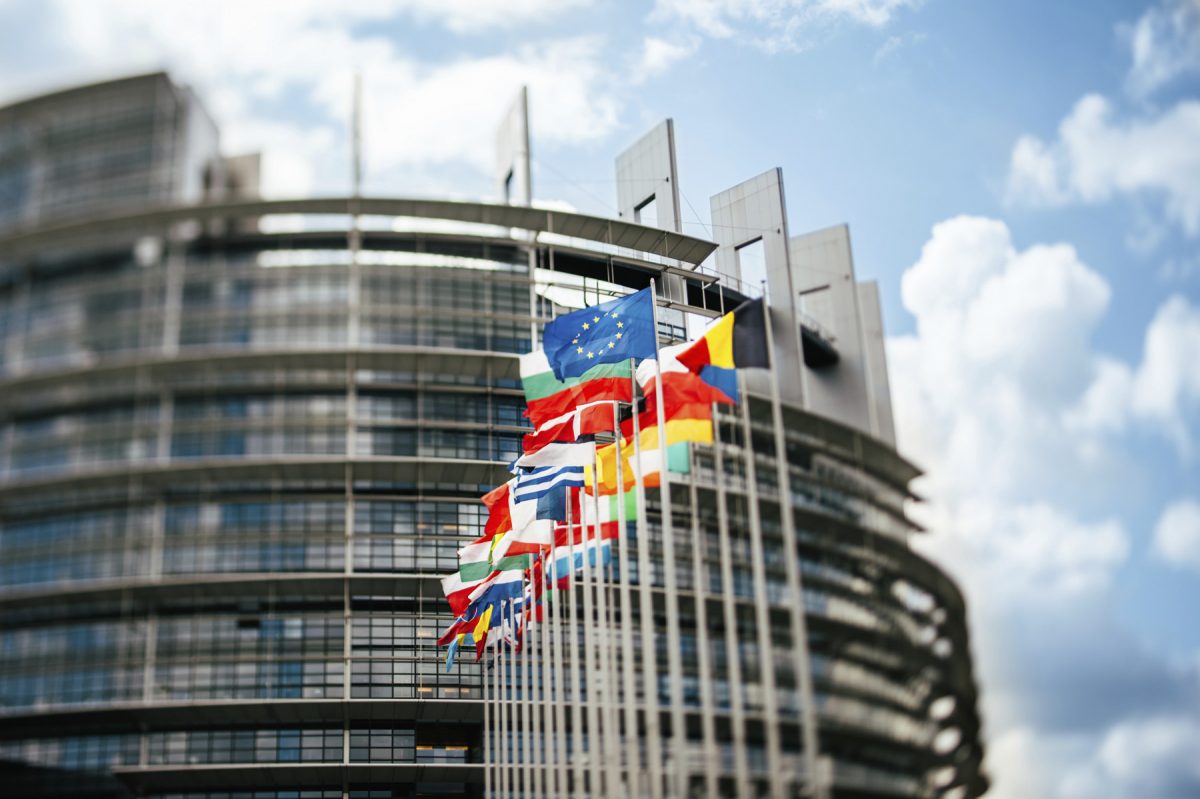
With the campaigning for the referendum on the UK’s membership of the EU now fully underway, the investment community is beginning to consider the effects the referendum, and its result, may have on the economy and the stock markets. Those who remember the 1975 Referendum may be forgiven for feeling a sense of deja-vu.
Before getting into the detail of the matter, two points are worth clarifying. Firstly, Cantab Asset Management does not take a political position, and seeks to achieve good returns for clients in all climates. Secondly, the forecasts for what happens to the economy in the event that the UK votes to leave the EU are very varied, not least because the effect of leaving would largely be determined by the actions of the UK and other nations which cannot be known at this time. Almost always, these predictions seek to advance the author’s own political position (so that those supporting ‘Remain’ say that remaining is good for the economy whilst those supporting ‘Leave’ say that leaving is good for the economy). This makes it difficult to comment on the future of the economy, although it is possible to draw some general conclusions.
Currently, Brexit looks unlikely. A majority of polls already show that voters will vote to remain in the EU, and history has also shown that those who are undecided are more likely to support the status quo. This points to the UK remaining in the EU.
In the event that the UK votes to remain in the EU, uncertainty will have been removed. This will most likely cause an improvement in market sentiment as markets in general prefer certainty.
Investors should beware prophecies of doom if the UK votes to leave the EU. We will not be waking up to a UK outside the EU on 24 June, whatever the result. The withdrawal would not be a sudden shock event as there is a defined, preannounced process for leaving the EU (described in Article 50 of the EU treaty).
The negotiation period is limited to 2 years, and so any further concerns would be relatively short term. Once these are resolved, markets would again likely experience more positive sentiment.
The EU referendum is certainly a cause of immediate uncertainty, and the mere fact it is happening may be a drag on stock markets. However, it should be remembered that investments are for the long term, and that short term uncertainty should not be overly worrying: historically equity markets have always recovered from periods of uncertainty.
In conclusion, whilst it is difficult to be sure of the direction the country would take after a vote to leave the EU, although such a vote is unlikely, it is possible to say with confidence that the stock market is likely to recover from any temporary period of uncertainty surrounding it over the long term.
Risk warnings
This document has been prepared based on our understanding of current UK law and HM Revenue and Customs practice, both of which may be the subject of change in the future. The opinions expressed herein are those of Cantab Asset Management Ltd and should not be construed as investment advice. Cantab Asset Management Ltd is authorised and regulated by the Financial Conduct Authority. As with all equity-based and bond-based investments, the value and the income therefrom can fall as well as rise and you may not get back all the money that you invested. The value of overseas securities will be influenced by the exchange rate used to convert these to sterling. Investments in stocks and shares should therefore be viewed as a medium to long-term investment. Past performance is not a guide to the future. It is important to note that in selecting ESG investments, a screening out process has taken place which eliminates many investments potentially providing good financial returns. By reducing the universe of possible investments, the investment performance of ESG portfolios might be less than that potentially produced by selecting from the larger unscreened universe.


